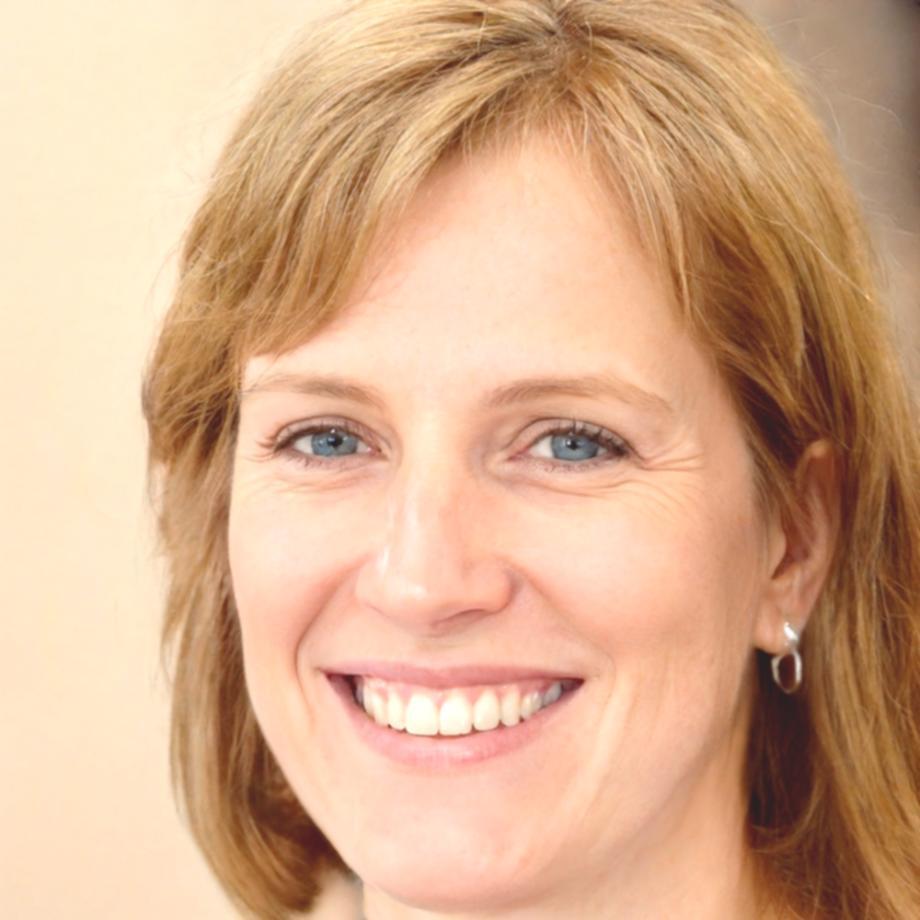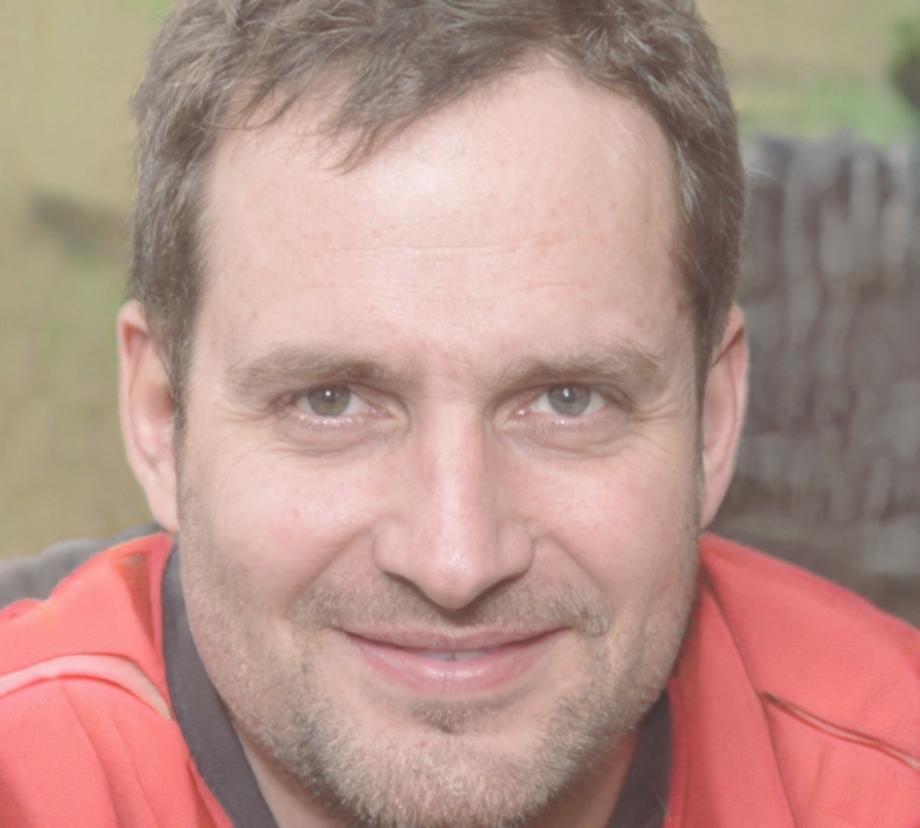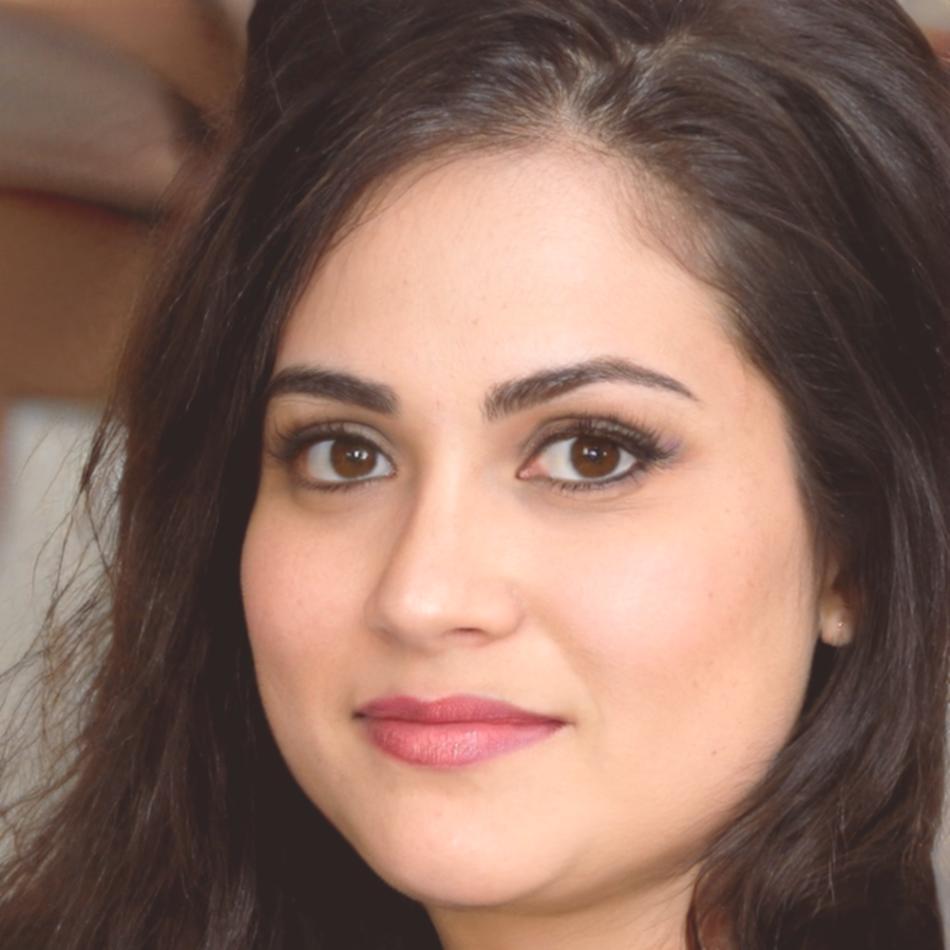Budget Planning That Actually Makes Sense
We've spent years working with event organizers across Thailand who struggle with the same thing: building realistic budgets that don't fall apart halfway through. Our program walks you through the real process—step by step, module by module—so you can manage finances without the guesswork.
The Learning Journey
This isn't a quick weekend course. Our autumn 2025 cohort runs for eight months because that's how long it takes to build proper skills. You'll work through real scenarios, make mistakes in a safe environment, and come out with confidence in handling actual event budgets.
Foundation Building
Start with the basics that many people skip. We cover budget structures, expense categories specific to events in Thailand, and how to set realistic financial goals when you're still figuring things out.
Practical Application
Here's where theory meets reality. You'll work on sample events, forecast vendor costs, and deal with those annoying last-minute changes that blow budgets apart. We use case studies from actual events—some successful, some not.
Advanced Scenarios
Things get messier now. Multi-day events, international vendors, currency fluctuations, and dealing with clients who change their minds every week. This is where you learn to adapt without panic.
Capstone Project
You'll plan a full event budget from scratch. We provide the brief, you build the financial plan, defend your choices, and revise based on feedback. It's challenging but useful—you'll reference this project for years.


Where They Are Now
We stay in touch with graduates. Not everyone becomes a finance expert overnight, but many have found their footing. Here's what some of them are doing now—several years after finishing the program.

I completed the program in early 2023. Took me a while to apply everything, honestly. But by mid-2024, I was handling budgets for corporate events without constantly second-guessing myself. The contingency planning module saved me during a venue cancellation last October.

Finished autumn 2022 cohort. The program didn't make me rich or anything, but it gave me a framework. I've used the vendor negotiation techniques consistently since then. My clients appreciate that I can explain where their money goes—that transparency builds trust over time.

Graduated late 2023. I work for a wedding planning company now, and I handle all the financial tracking. Not glamorous, but essential. The skills around client communication and managing expectations have been more valuable than I expected. Couples change their minds constantly.

Took the program in 2022 while volunteering with a non-profit. The budgeting skills translated really well to fundraising events where every baht matters. Three years later, I'm managing our annual gala—we raised 40% more in 2024 because we reduced waste and negotiated better vendor rates.
Questions We Get Often
People ask us the same things before enrolling. Here are honest answers.
Autumn 2025 Enrollment Opens July
If you're serious about improving your budget planning skills and willing to put in the work over eight months, we'd like to hear from you. Applications open July 1st with a rolling review process. Space is limited.
Get Program Details